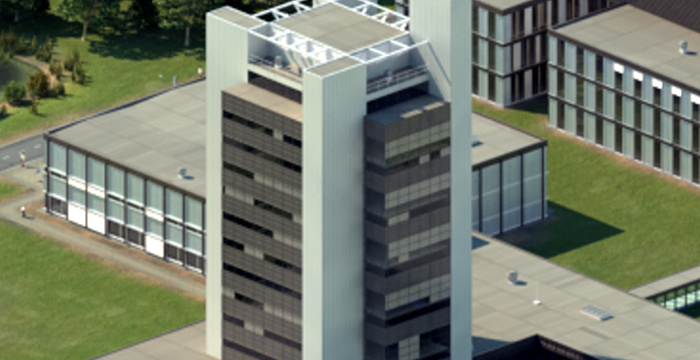Harmen Zwijnenberg is researcher and since 1999 working for the European Membrane Institute on membrane and polymer transport related projects in close cooperation with industry.
In the past years he worked with several different membranes technologies with a focus on transport phenomena and process optimization. Within the group his expertise is often used on the field of bipolar membrane (BP) electrodialysis (ED) membrane development, the application of (BP)ED in f.i. harsh conditions (chlorination, organic solvents, extreme pH) and projects for the food or diary industry and side stream valorization. Next to this he worked on several projects with organic solvent nanofiltration including pilot design and construction and the more traditional ultra and nanofiltration for aqueous applications. Since about 10 years he also worked extensively on gasseparation and the fabrication/spinning and characterization of gasseparation hollow fiber membranes.
Currently, he is working part time for the EMI and part time following a PhD program on the recovery of nutrients using ionexchange membrane technology in the Membrane Technology and Engineering for Water Treatment group of prof. Walter van der Meer.
Before his work here: He studied chemical engineering and graduated in 1994 in the Membrane Technology Group at the UT with prof. Strathmann. After his graduation he worked 4 years in Wageningen at the Agrotechnological Research Institute on module design and membrane technologies like electrodialysis, organic solvent nanofiltration and catalytic membrane reactors.
Expertise
Material Science
- Membrane
- Organic Solvents
Chemistry
- Solvent
- Solute
- Cation
- Molecular Mass
- Electrodialysis
- Organic Solvent
Organisations
Publications
2024
2023
2022
Research profiles
PhD project: Selective recovery of valuable minerals from ‘waste’ streams such as wastewater represents an opportunity to enhance the sustainability of chemical processes. Membrane technology using ion-exchange membranes allows for transport of ions against bulk concentration gradients and for concentrating ions of interest. We will investigate the selective ion-recovery using different membrane geometries, operating conditions, ion-mixture composition under various process configurations. The research carried out in this project will allow for more sustainable chemical processes through recycling of valuable ions currently lost in waste streams.
Address

University of Twente
Horst Complex (building no. 20), room ME313
De Horst 2
7522 LW Enschede
Netherlands
University of Twente
Horst Complex ME313
P.O. Box 217
7500 AE Enschede
Netherlands